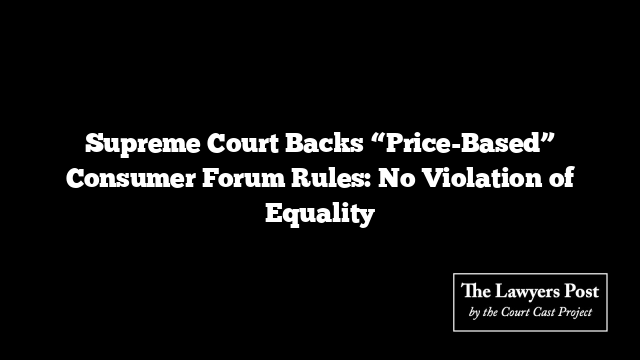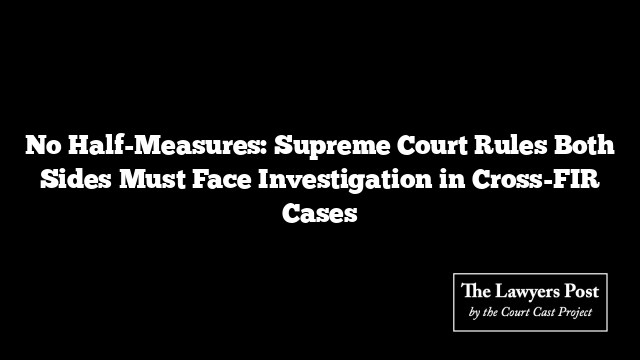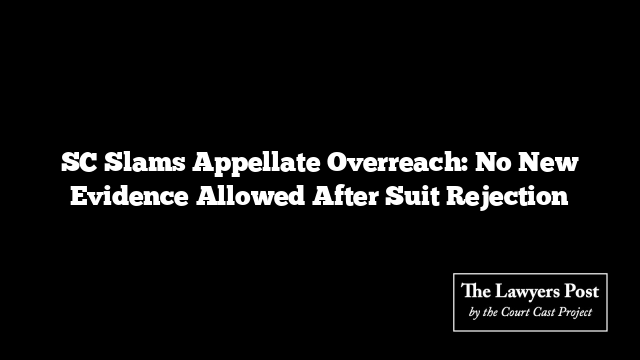In a strong endorsement of the Consumer Protection Act, 2019, the Supreme Court has ruled that fixing the pecuniary jurisdiction of consumer forums based on the price paid for goods or services — and not the compensation claimed — is constitutional.
Sweeping aside challenges to Sections 34, 47, and 58 of the Act, the Court declared these provisions fully aligned with the Constitution and not in breach of Article 14’s guarantee of equality. According to the Court, using the “consideration value” to decide which forum — district, state, or national — hears a case is neither arbitrary nor discriminatory.
“Determining jurisdiction by the price paid has a direct, rational link to the goal of organized judicial remedies,” Justice PS Narasimha wrote for the bench, which also included Justice Manoj Misra. The Court stressed that what a consumer actually paid for a product or service is a clearer, more objective metric than self-assessed damage claims — often inflated — that could otherwise distort forum assignments.
The Court explained that this classification isn’t just legally valid, it actually serves the practical objective of keeping the consumer dispute system efficient and properly tiered. Claims for modest purchases with huge alleged damages should not flood higher forums, it said, reinforcing the logic behind the Consumer Protection Rules of 2021.
Under the current framework:
- District Commissions hear cases where the amount paid does not exceed ₹50 lakh,
- State Commissions handle those between ₹50 lakh and ₹2 crore,
- The National Commission steps in for purchases over ₹2 crore.
The case arose from a tragic incident involving the death of a man in a Ford Endeavour vehicle that allegedly caught fire due to a manufacturing defect. His legal heirs sought ₹50 crore in compensation, but their claim was thrown out by the National Commission because the price of the car — ₹44 lakh — did not meet the jurisdictional threshold.
The petitioners argued this system led to irrational results, claiming it violated the principle of equality. The Court disagreed, finding that using the actual purchase price as the jurisdictional key ensures predictability and prevents forum shopping based on exaggerated damages.
However, while upholding the rule, the Court flagged concerns about the overall functioning of the Consumer Protection Act and directed the Central Consumer Protection Council and Authority to step up their monitoring and advisories to the government for stronger, more effective consumer redress mechanisms.
In short: the price you pay, not the prize you claim, decides where your grievance will be heard — and the Supreme Court says that’s how it should be.





